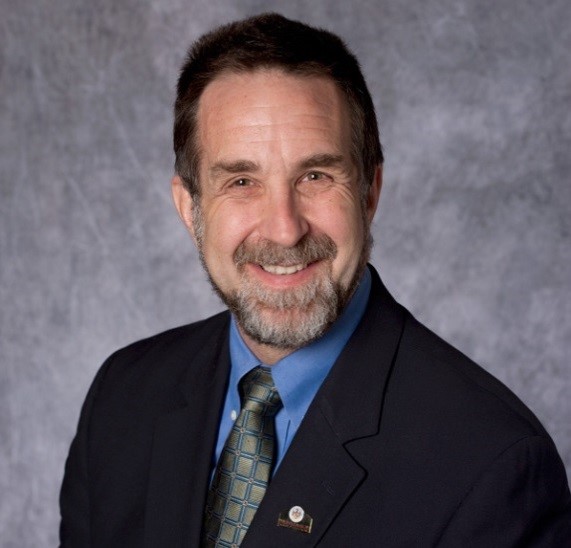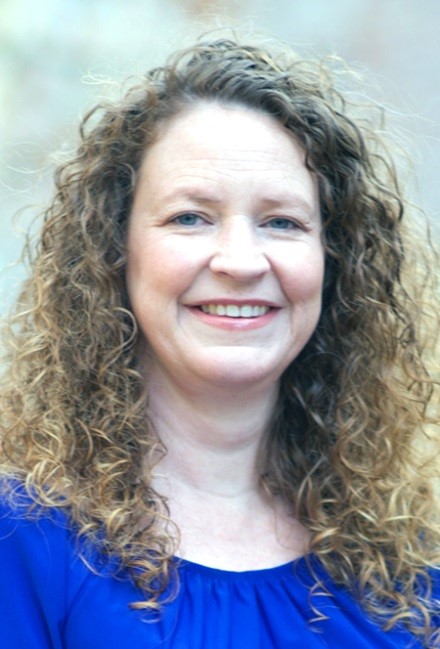As MFP Fellows prepare for leadership roles in behavioral health, the
12 Grand Challenges for Social Work
could provide an opportunity to connect across disciplines. The ambitious initiative to address a dozen critical social problems has begun developing networks in each area of its work that include educators, researchers, and practitioners seeking solutions to some of the nation’s most arduous social ills. The networks are led predominantly by social workers, and also count psychologists, nurses, psychiatrists, counselors, and economists among their members, conducting research and practice and developing policy initiatives in behavioral health and other areas of social welfare. Both faculty and students are network participants.
The 12 Grand Challenges are
- Ensure healthy development for all youth.
- Close the health gap.
- Stop family violence.
- Advance long and productive lives.
- Eradicate social isolation.
- End homelessness.
- Create social responses to a changing environment.
- Harness technology for social good.
- Promote smart decarceration.
- Reduce extreme economic inequality.
- Build financial capability for all.
- Achieve equal opportunity and justice.
Measuring Progress Was an Early Aim
The
12 Grand Challenges for Social Work operates under the auspices of the American Academy of Social Work and Social Welfare (AASWSW), an
honor society formed in 2009
to recognize outstanding research, scholarship, and practice in social work and social welfare. Planning for the
12 Grand Challenges for Social Work began in 2011 when several social work deans met on Bainbridge Island near Seattle, Wash. They were led by Dr. Marilyn Flynn, dean at the Suzanne Dworak–Peck School of Social Work at the University of Southern California; Dr. Eddie Uehara, dean at Washington University School of Social Work in Seattle; and Dr. Richard Barth, dean at the University of Maryland School of Social Work and the founding president of the AASWSW.
 Richard Barth
Richard Barth
The group met to discuss launching a grand enterprise to bring the “science of social work” to address social problems like other grand challenge initiatives such as the
Global Grand Challenges
and the
Grand Challenges for Engineering
. One issue for the group was how to tackle major social problems and find the means to measure progress. “We needed to think about the challenges not just as problems, but problems we could make measurable progress on over the next decade,” stated Dr. Barth. “Often we identify a big problem like extreme poverty but don’t have a method to measure how we make progress.”
Since inception of the initiative, numerous working papers have been developed, journal articles have been published, and workshops and conferences have been convened to share the progress of the work of the networks. Major social work conferences such the Council on Social Work Education’ Annual Program Meeting, the Society for Social Work and Research’s Annual Conference, and the National Association of Social Workers’ Annual Conference have invoked the 12 Grand Challenges as a theme and provided opportunities for faculty and students to present papers and lead forums. Oxford University Press recently published a book on the 12 Grand Challenges, titled
Grand Challenges for Social Work and Society.
 Carrie Pettus–Davis
Carrie Pettus–Davis
Reducing Recidivism, Building Financial Capability
One example of progress is the work of the Smart Decarceration network. Co-leader Dr. Carrie Pettus–Davis is a member of the Safe Streets and Second Chances project that recently received
$4 million from the Koch Foundation
to fund an effort to reduce recidivism among released inmates. Dr. Pettus–Davis will
conduct her research
at Florida State University using a model she developed in collaboration with Smart Decarceration colleagues. Her co-leader Dr. Matt Epperson of the University of Chicago’s School of Social Administration recently organized a
Smart Decarceration conference
at the university that brought together eminent criminal justice experts. A highlight of the conference was an address by U.S. Sen. Richard Durbin.
Another example is the work of the Build Financial Capability for All network, co-led by Drs. Margaret Sherraden, Jin Huang, and Julie Birkenmaier. That network conducts research and develops programs and policies to ensure financial well-being for all families across the lifespan. Dr. Michael Sherraden, a professor at the George Warren Brown School of Social Work at Washington University and director of its Center for Social Development, has succeeded in implementing
child development accounts
in Singapore, Israel, and several states in the United States and is currently working on a proposal for federal legislation. The network will
release an edited book
in February,
Financial Capability and Asset Building With Diverse Populations: Improving Financial Well-Being in Families and Communities, on the importance of financial capability and asset building.
Ten-Year Plan Nears Halfway Mark
The
12 Grand Challenges for Social Work was designed to make an impact over a decade. In its fifth full year, the initiative’s leaders will evaluate its progress as it nears its proposed deadline and decide where it will go in the future. Meanwhile, University of Southern California Dean Marilyn Flynn describes the initiative as “a thousand flowers blooming.” It is bringing together an impressive group of social workers and social welfare professionals who are producing valuable scholarship, information and policy.
Fellows interested in learning more about the
12 Grand Challenges for Social Work can visit its website, where they can connect with the co-leaders and enroll in one of the networks.
